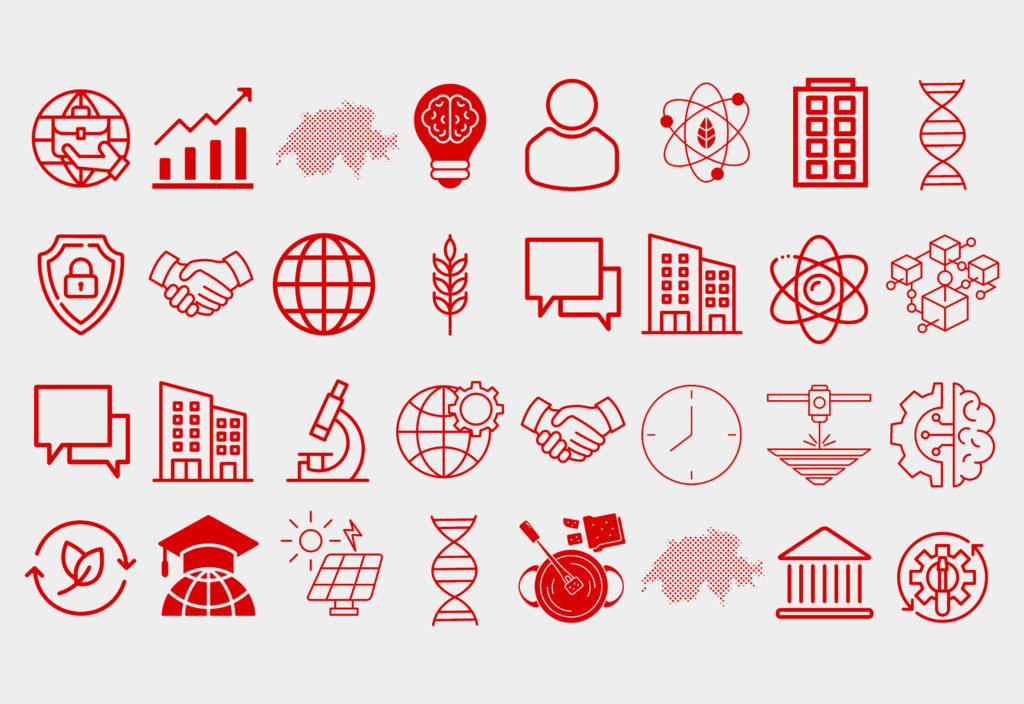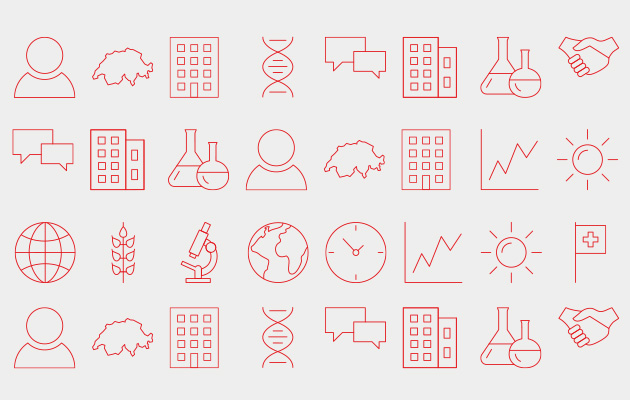
Three questions to Sara Schneider-Hamaï, Director Germany and Benelux
20 November 2020

The GGBa is comprised of a network of experienced and passionate investment promotion professionals located around the world. We recently caught up with Frankfurt-based Sara Schneider-Hamaï, Director Germany and Benelux at GGBa. Freshly returned from maternity leave, Sara shared how the pandemic has affected her personal and professional life, and provided insights into the latest […]
The GGBa is comprised of a network of experienced and passionate investment promotion professionals located around the world. We recently caught up with Frankfurt-based Sara Schneider-Hamaï, Director Germany and Benelux at GGBa. Freshly returned from maternity leave, Sara shared how the pandemic has affected her personal and professional life, and provided insights into the latest FDI trends.
How has the Covid-19 pandemic affected your daily life and job?
2020 has been a peculiar year for the world, and a very special one for me and my family as we welcomed our second child in August. Avoiding the logistics and fatigue of international business trips has been a welcome side effect of the pandemic, as I was pregnant during the first wave, when travel restrictions and lockdowns were implemented across Europe. I was happy to focus on one-to-one video call meetings rather than travel to attend conferences and industry events. With my husband, we managed to plan our home office days efficiently in order to divide work and childcare duties for our toddler son.
Measures to deal with coronavirus outbreaks are in place across Europe. What is the situation like in your area?
The four markets that I cover – Belgium, Luxemburg, the Netherlands and Southern Germany – have responded to the health and economic crisis in very different ways. Among them, Belgium was the first country to enforce tight lockdown measures. The coronavirus situation there was very serious in March-April, and continues to be. By contrast, the Netherlands have taken a more liberal approach. Luxembourg’s rescue package to help companies weather the crisis was among the most generous in the EU. My home country of Germany was less affected compared to the other countries and we never had a strict lockdown. Even though social life has been restricted – the Christmas markets and the carnival season have been cancelled – economic life can still happen.
Many companies around the world have postponed their investment plans – or canceled them altogether – under the influence of the economic crisis driven by the pandemic. What trends have you observed in the markets that you cover?
It is interesting to see how companies in different countries have opted for a different strategy with regard to their expansion plans. I have noticed that German companies, which are generally larger and more financially stable compared to their European counterparts, tend to have a more conservative and risk-averse approach, postponing their investment decisions until better times. Belgian and Dutch companies, on the other hand, are more proactive. Most of them were eager to continue discussing – and some even to move forward with – their investment projects in spite of the pandemic. This has been possible thanks to our expanded service portfolio, which now includes digital options, such as virtual site visits and e-introductions to potential partners. One Belgian firm did the entire set-up process virtually: from choosing among three different locations, to incorporating the company in Switzerland. This process is very simple and only requires that the signature(s) be authenticated by a notary in the company’s home country. I have also observed that it is easier to engage in strategic conversations with C-level executives now that they are working from home and have less busy travel and event schedules. Even though their investment decision may be postponed to a later stage, CEOs are willing to explore options and opportunities. While 2020 has been an uphill battle, the FDI outlook for Switzerland appears quite positive.
#StaySafeWithGGBa
Sara is wearing a Swiss‑made, antibacterial, reusable face mask, 3D‑knitted by
Swiss company Steiger. Since inventing the world’s first fully electronic knitting
machine in 1979, Steiger has been providing the fashion, medical and industrial
sectors with pioneering textile solutions. The latest addition to the company’s
product range is a machine that knits products in three dimensions. Harnessing
innovation and digitalization, Steiger has become a technology leader in a long-
established industry. Today, it knits orthopedic and medical applications, as well
as high‑performance materials such as fiberglass and carbon fiber. The company
has been selected to knit parts for the Solarstratos solar airplane, which will fly at
an altitude of more than 25,000 meters.
